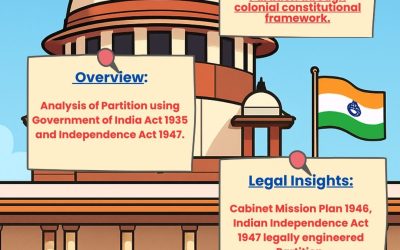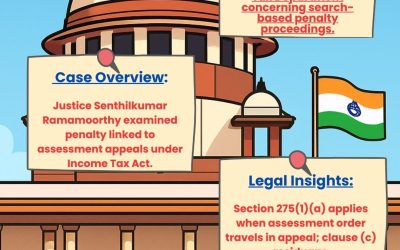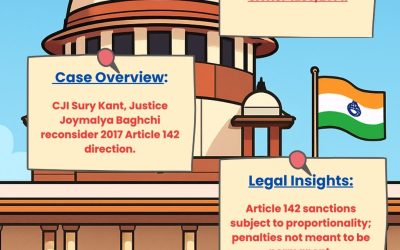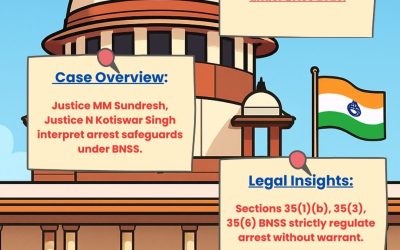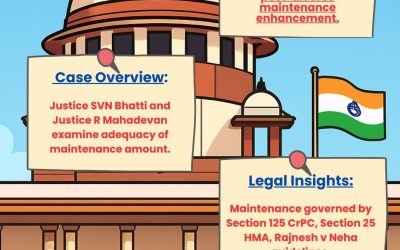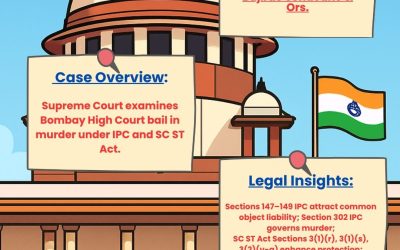
Supreme Court rules that hostile witness testimony must be carefully evaluated and not discarded entirely.
Case in News:
Supreme Court explains that hostile witness evidence must be evaluated carefully in the case of KP Tamilmaran vs State.
Case Overview:
Case Name: KP Tamilmaran vs State
The Supreme Court of India bench of Justice Sudhanshu Dhulia and Justice Prashant Kumar Mishra confirmed convictions in the ‘Kannagi-Murugesan’ honour killing case . In the case of KP Tamilmaran vs State the Supreme Court held that evidence from witnesses cross-examined by the prosecution under Section 154 of the Evidence Act should not be discarded completely . It stressed that even “hostile” witness statements can form part of the evidence if corroborated . The judgment dismissed appeals of 11 convicts and upheld their life sentences
Key Aspect :
- Witnesses turning hostile over time cannot lead to automatic disregard of their testimony .
- Hostile evidence if corroborated remains admissible under the Indian Evidence Act.
- Delayed trials contribute majorly to witnesses turning hostile .
- Murder case relating to inter-caste couple S Murugesan and D Kannagi poisoned by family members .
- CBI investigated the case after failures in the initial police investigation .
Legal Insights:
- Section 154, Indian Evidence Act : Party can cross examine its own witness with court’s leave .
- Hostile Witness Doctrine : No requirement for formal declaration ; Court to evaluate credibility .
- Compensation Order : Rs 5 Lakhs to Murugesan’s family ordered by Supreme Court of India .
Court’s Verdict:
The Supreme Court of India upheld the life sentences of the accused in KP Tamilmaran vs State . It stressed that Courts must assess hostile witness evidence carefully not discard it entirely . Compensation was awarded to Murugesan’s parents for their loss .
Source:


